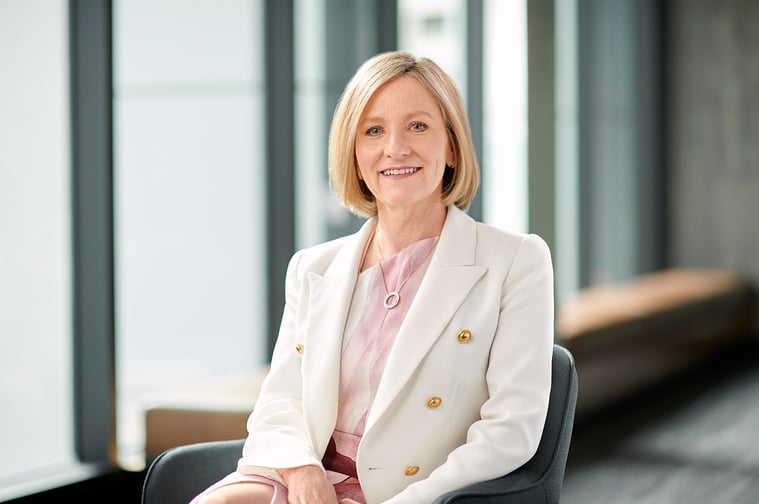

For many in the Australian private health insurance (PHI) sector, 2020 was a year in which they struggled against the health crisis that is the COVID-19 pandemic. For HCF, on the other hand, it was a year of sustained growth driven in part by the company’s excellent customer service, according to its CEO, Sheena Jack (pictured).
“During COVID-19, we’ve really gone above and beyond with the support we’ve given our members not just in terms of new products, but also with premium deferrals and significant hardship packages to those members who were in financial distress,” Jack told Insurance Business.
“I think there are a number of areas where what we’re doing is resonating really with our members, as we’ve been voted Australia’s most trusted health fund in Roy Morgan research for the last couple of years.”
For the fiscal year 2019/2020, HCF was able to grow its membership base by 6% - more than 18 times the average industry rate during this time, and more than all other Australian not-for-profit health funds combined. A point of emphasis for HCF throughout this time has been its telehealth and online health services, which ramped up in activity considerably once the virus hit Australian shores.
“These were definitely areas of focus for us prior to COVID-19, but their use dramatically increased when the pandemic came around,” Jack said. “Telehealth services, in particular mental health services, has been something that we see as a critical requirement for our members during COVID-19, and so we launched a new online mental health program in early March to ensure members had access to the vital services they needed.
“This included an online doctor service, GP2U, as well as PSYCH2U, which delivers psychiatry and psychology services via video sessions. We also added free services, as a result of a partnership with Calm Kid Central, that help parents handle emotional and behavioural challenges that their children might face.”
Though HCF offers direct-to-consumer health services, it also engages with insurance brokers to provide better access to its range of PHI products. According to Jack, the company has continued to work closely with brokers throughout 2020 in a virtual setting – an approach that has been replicated in the health fund’s interactions with its members.
“We’ve had an increased level of online engagement with our members throughout the pandemic, and I think it’s something that will continue, particularly for those who would rather talk online or on the phone instead of going into a branch,” Jack remarked.
HCF’s focus on digitalisation extends to its claims process – in addition to on-the-spot claims that can be carried out in-person, the fund offers online services and even a specialised app that allows its customers to take charge of claiming. These digital options are now experiencing “significantly greater volumes of claims,” according to Jack, who added that HCF had handled approximately $135 million worth of claims from young people over the past year – a key demographic for propelling the company’s continued growth.
“It’s well-known that it can be difficult to attract and retain young people in the PHI industry as they may think of themselves as being indestructible,” she remarked. “With pilot programs like our no-gap pregnancy cover, we’re trying to deliver insurance that will fit and resonate with the concerns and needs of younger people.
“At a broader level, we’re constantly looking for ways to make our services more meaningful for our members,” Jack said.
